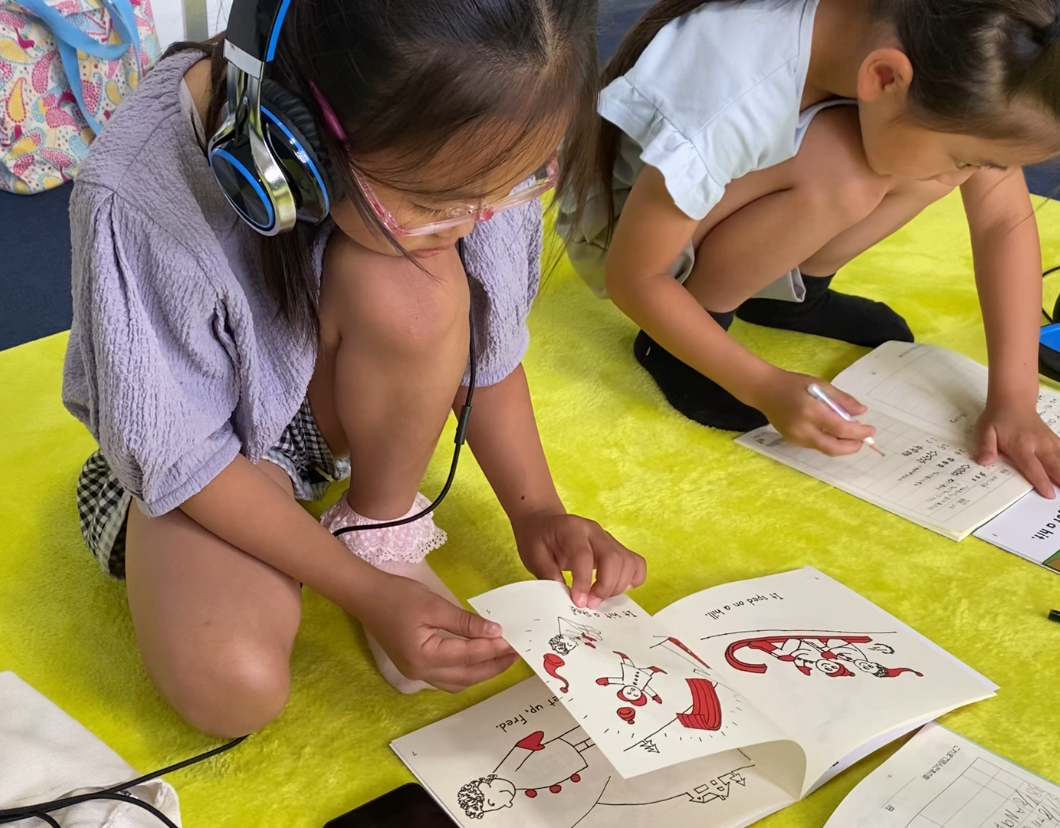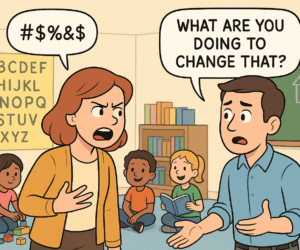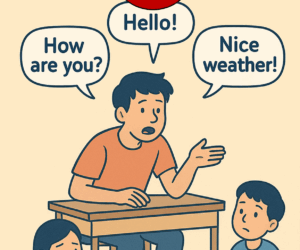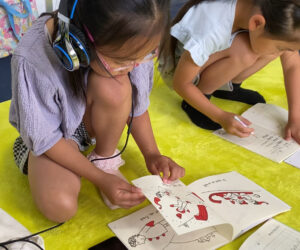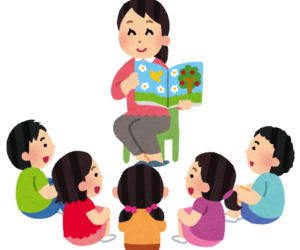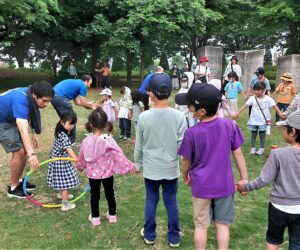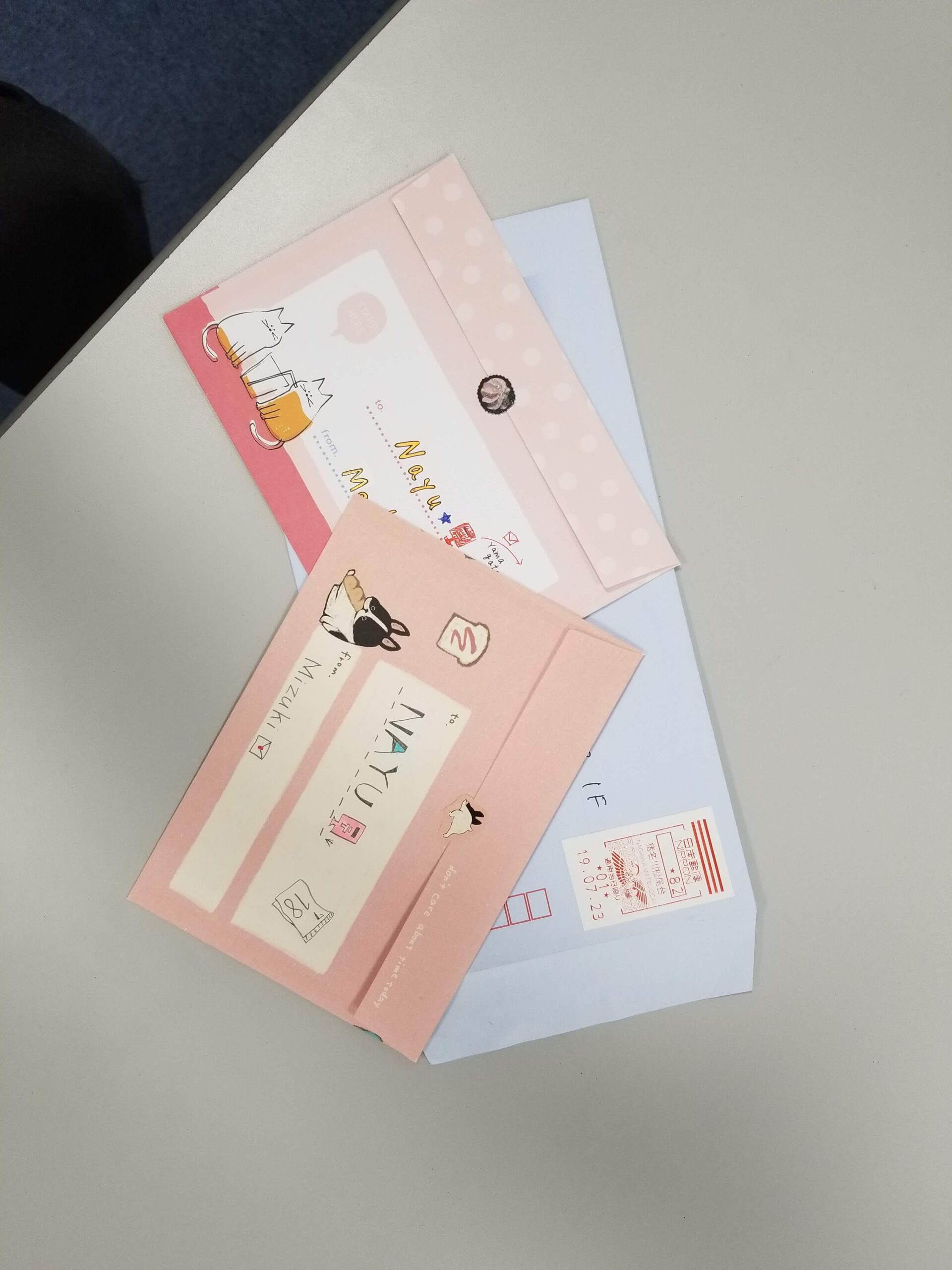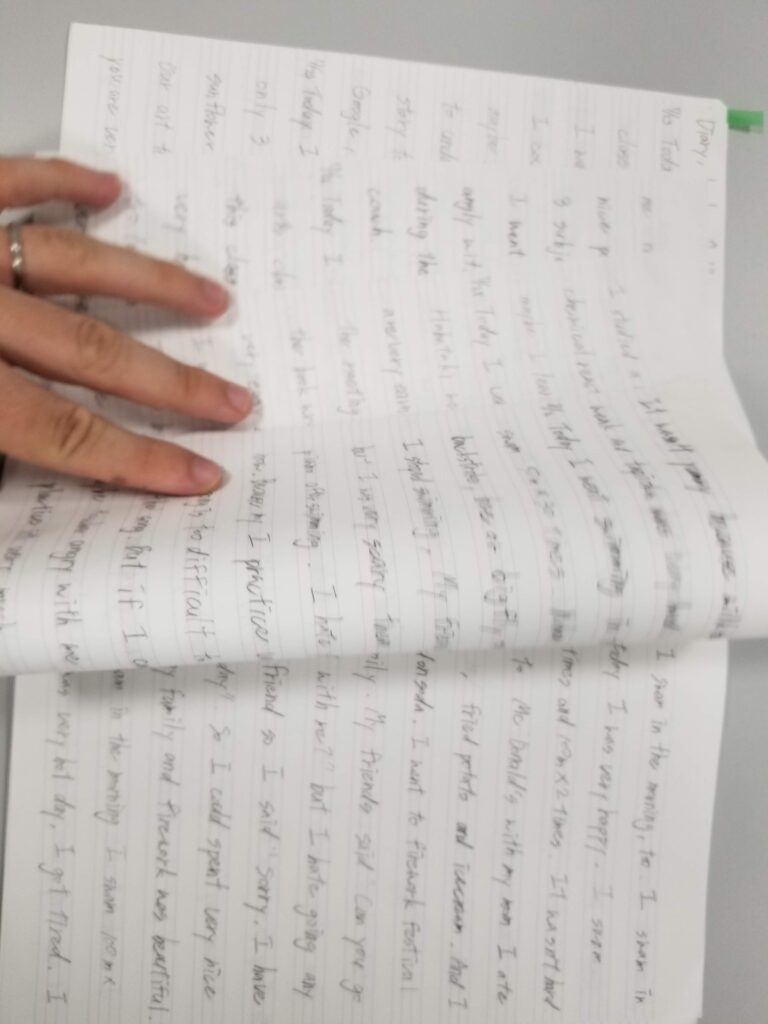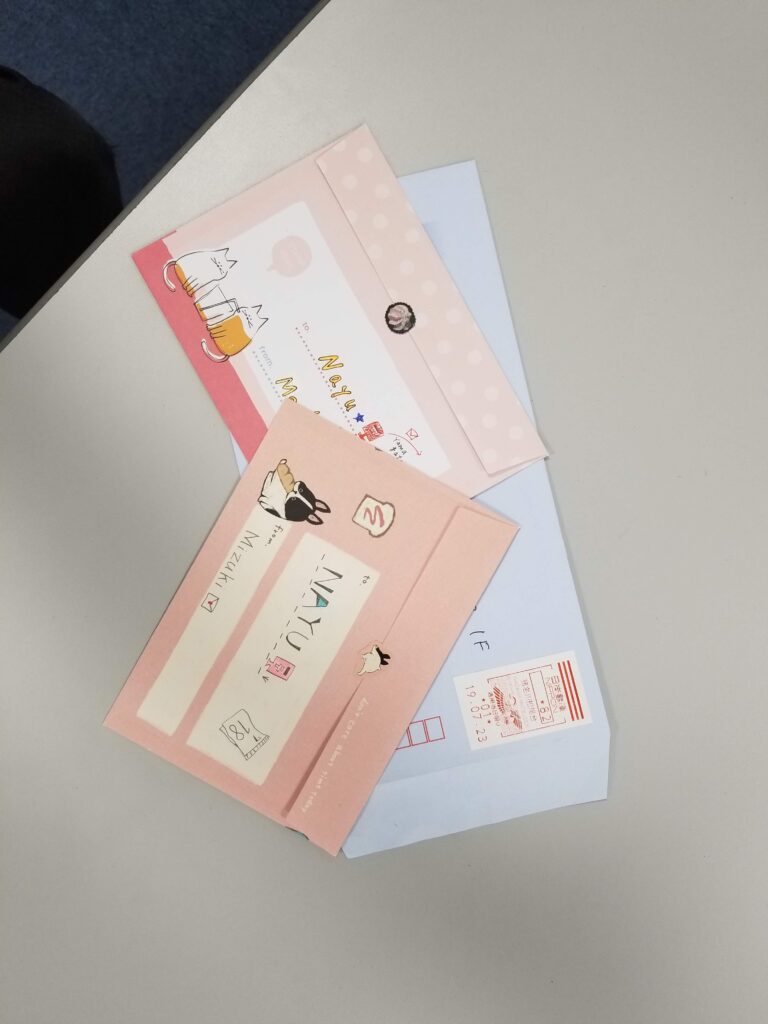A recent survey of Japanese children produced the depressing result that about half of children read books for “zero minutes” per day. That number of non-readers starts at about 30 percent for students in the first three years of elementary school. By high school, two-thirds of students do not read books at all.
This result is especially worrying because so much evidence exists that reading extensively strongly improves language development and academic results. Kids who read do better in almost everything.
MY has a class that fights against this trend. MY’s Tadoku lesson is an extensive reading class for young learners. In MY’s Tadoku classes, students spend 50 minutes weekly reading for pleasure books that they choose.
Why do I like Tadoku?
I trace one reason that I like Tadoku back to my experience in elementary school. My favorite class time (after P.E.) was the time that we called “Sustained Silent Reading.” It was a lot like Tadoku–we picked our own books and read on our own. There were no tests. There was one simple rule: read.
A Tadoku class for young English language learners is different from extensive reading for native speakers.
A Tadoku class for young English language learners is different from extensive reading for native speakers. English learners can read at varying levels of English, usually much lower than the levels of native speakers. Books have to be carefully graded to the appropriate levels of the students. However, the benefits of reading can be similar for native speakers and language learners alike.
Books offer excellent contexts for meaningful langauage. Reading builds vocabulary and grammar, turns people into better speakers and writers, builds general comprehension and understanding of the world, and develops learner autonomy. Children grow when they read. The huge gains in English ability, general knowledge, and confidence among our Tadoku students are many of the reasons why I like MY’s Tadoku class.
Tadoku students in profile
In this blog post, I am profiling two of MY’s Tadoku students, Reota and Mae. Reota is a junior high school student in second grade who has been in the Tadoku class at MY for about six years. Mae is an elementary school first-grader who joined the Tadoku class this year in May.
Reota chose to continue in the Tadoku class in junior high school because he enjoys reading in English. According to Reota, he does not read for pleasure much in Japanese, only in English. Reota enjoys the realism of the books that he reads in English. Reota’s favorite book series currently is the Atama-Ii books, which are long, choose-your-own-adventure novels.
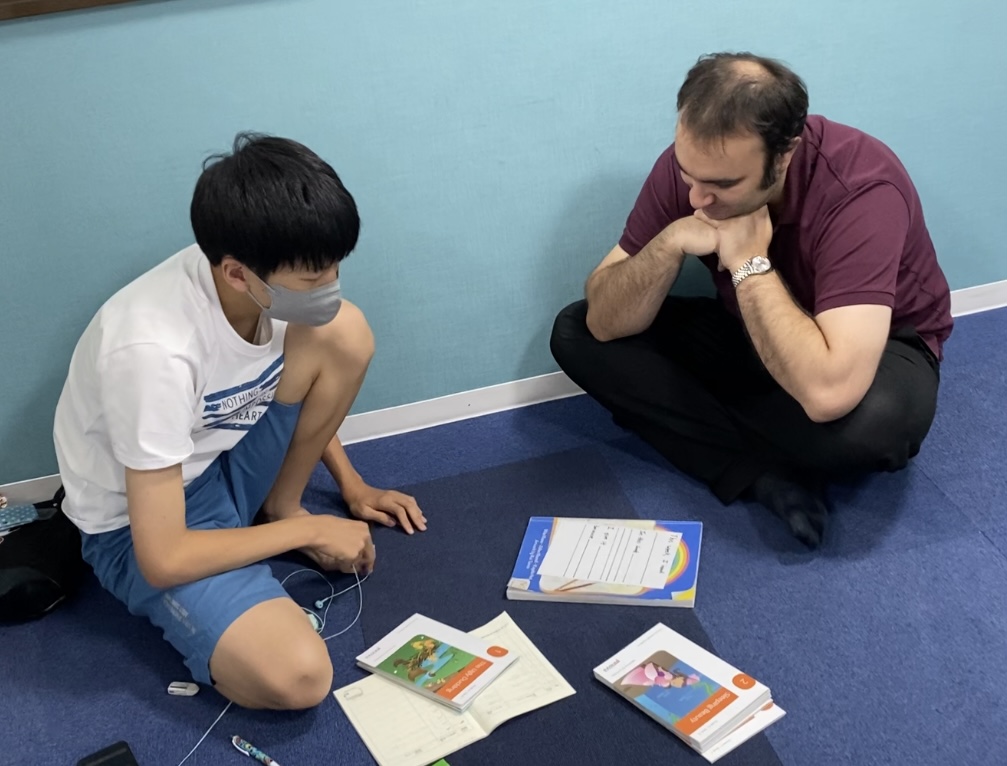
After reading, Reota often gives a brief oral summary and book review to his teacher. It’s O.K. not to like a book. The goal is to share with others about our reading and explain why.
Over the years, Reota has read over 10,700 English books in the Tadoku class. Although he has lost count of precisely how many words he has read, this adds up to well over one million words in English. This huge input of English has improved Reota’s comprehension and turned him into a much stronger English speaker.
Mae is in our first-year elementary class. She is still in the process of learning simple phonics and combining single letters into short words. In Tadoku, she practices reading many letters and sounds that she has not studied yet. Mae uses audio recordings of the books to read along a second time after trying herself. After reading or between reading, she plays games using the books that she has read. Alongside her classmate, with a little support from her teacher, Mae challenges herself to read as much as possible every week.
Mae usually reads five or six new books every week. Doing this weekly for four months, she has read 61 books and over 3500 words. In comparison, Mae’s classmates in her regular Finding Out class just read their first book in English the same week that Mae finished her 61st book in Tadoku. What a huge boost to Mae’s vocabulary, grammar, and reading skills!
Mae enjoys the variety of books that Tadoku offers. She likes being able to choose her own reading material. While Mae likes some books and dislikes some others, she does not have any specific series or category of books that is her favorite. Mae also reads at home in Japanese on her own and with her mother. Every week she is building reading skills in two languages!
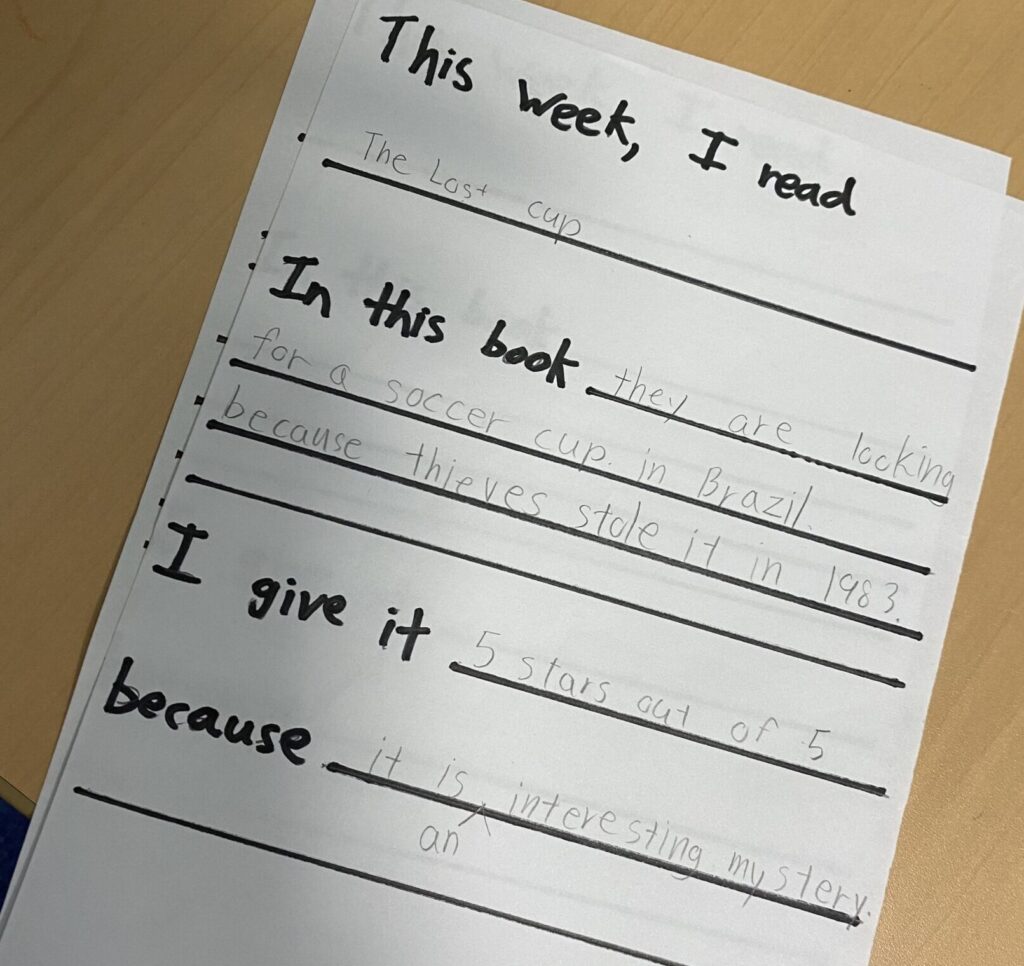
Opportunities and skills
Anyone can read for pleasure on their own, but it can be hard to make time for reading. Building a library of foreign language books at many levels at home can also be challenging and expensive. Public and school libraries may not have a wide variety of books in English. Students on their own often don’t know what levels of books to choose. Without a teacher, many students may struggle to develop reading-related skills on their own. MY’s Tadoku classes give students these opportunities.
Reota and Mae offer snapshots of the two ends of MY’s Tadoku program. MY’s Tadoku class offers students like Mae and Reota the chance to enjoy reading and build language skills and general knowledge about the world. These skills and knowledge will benefit them in school and as English speakers for many years to come.

